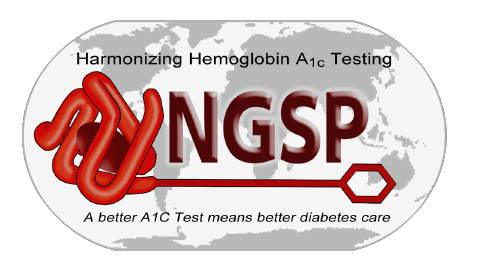Immunology
¿What is immunology?
Immunology is the study of the immune system, whose function is to recognize and defend against foreign elements such as microorganisms, toxins and other substances that act as antigens.
¿What are the types of immunity?
People have three types of immunity: innate, adaptive and passive:
- Innate immunity: also called natural or non-specific immunity. It is the one with which the person is born and which provides general and rapid protection against all antigens. It corresponds to physical barriers (such as skin and mucous membranes), certain white blood cells (neutrophils, macrophages, dendritic cells and NK cells), protein substances (such as the complement system and some cytokines) that act as the first line of defense to prevent microorganisms and harmful substances from entering the body.
- Adaptive immunity: also known as active, specific or acquired immunity, develops throughout a person’s life as he/she is exposed to various specific antigens either during an infection or vaccination against a microorganism, against which he/she builds up a defense against future infections. The main components of this type of immunity are cells called lymphocytes (a type of white blood cell) and their secreted products (antibodies and cytokines) that allow a prolonged response that may even last a lifetime.
- Passive immunity: is a type of immediate protection, but of short duration, that is produced in a person against certain antigens due to the reception of antibodies that were produced in another person who had been exposed to these antigens. For example, babies receive the mother’s antibodies through the placenta and breast milk, which generate a temporary immunity (6 to 12 months) against the microorganisms that cause infections that the mother has suffered.

¿What infections can we detect with Immunology tests? ¿What do they detect? ¿How are they interpreted?
Among the most common tests is the detection of antibodies directed against the antigens of infection-causing agents, such as varicella-zoster virus, Epstein-Barr virus, herpes simplex virus types 1 and 2, among others.
Most of the antibodies that can be quantified in the blood are immunoglobulins type M (IgM), which last a short time in circulation, and immunoglobulins type IgG (IgG), whose circulation is more prolonged. In this way, it is possible to establish the diagnosis of a current or a past infection; in addition, it is possible to follow up the vaccination. For the interpretation of the results, the patient’s signs and symptoms should be taken into account, as well as his immunization status (vaccines).
¿What are autoimmune diseases and what techniques are used to detect them?
An autoimmune disorder occurs when the immune system mistakenly attacks and destroys its own components (autoantigens) as a result of certain genetic or environmental predisposing factors. Among the most common are: celiac disease, systemic lupus erythematosus, rheumatoid arthritis, among others.
For the diagnosis of autoimmune diseases, the laboratory has a large number of immunoassay techniques available, which are based on the detection of the antigen-antibody binding complex, which makes it possible to identify or confirm the presence of either autoantigens that are recognized by the immune system as foreign or autoantibodies directed against the components themselves, using labeled materials that upon reacting with the immune complex can be measurable.
The main techniques used are immunofluorescence (IF), enzyme-linked immunosorbent assay (ELISA or EIA) and immunochemiluminescent assay. Each of them has differences and variations, but they share the same principle of detection; moreover, they allow the evaluation of several analytes (antibodies or antigens) simultaneously from very small sample volumes.
Some of the tests performed include the detection of autoantibodies: antinuclear antibodies (ANAs), anti-double-stranded DNA, antimitochondrial, antimuscle smooth, anti-parietal cells, anti-neutrophil cytoplasm (ANCAs), total extractable nuclear antibodies (ENAs), among others.
¿What special hormones are also measured in this area and why are they important?
Based on the principle of antigen-antibody binding detection and thanks to the progress of immunological diagnostic techniques, it is now possible to detect with a high degree of reproducibility substances found in very small concentrations in the blood such as hormones. The availability of these tests has allowed the study of hormonal and metabolic axes, and their application in the diagnosis and treatment of diseases associated with their dysregulation.
Among some of the special hormones measured in this section are: parathormone, somatomedin, growth hormone, 17-hydroxyprogesterone, leptin, androstenedione, among others. These hormones play a very important role in the normal functioning of our body, as messengers between organs and tissues, regulators of functions related to growth, development, metabolism, sexual characteristics, reproduction, mood, among others. Therefore, alterations in their levels (increase or decrease) can trigger different clinical conditions.




